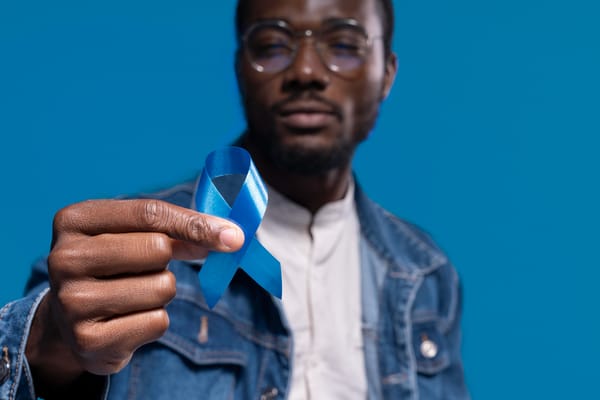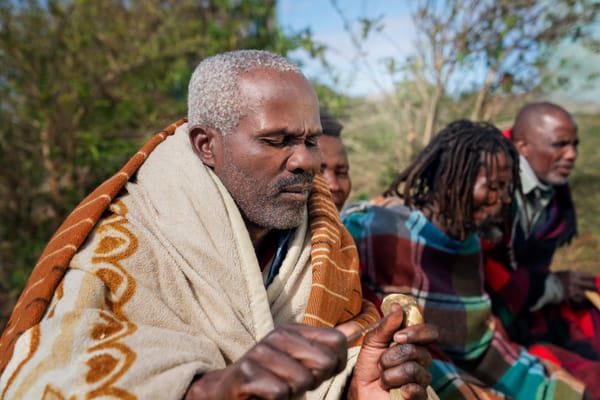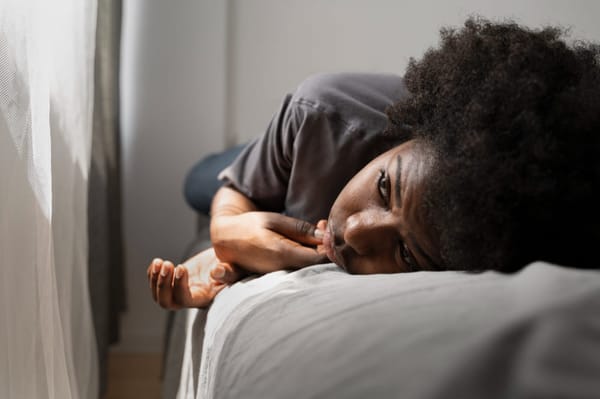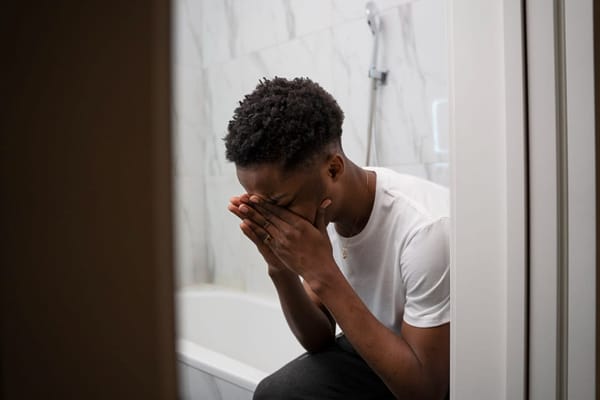Tamanisha's Dilema: The Fight for her Dreams amidst Unplanned Motherhood
“Should I terminate the pregnancy and pursue my dreams, or should I keep the baby and face the consequences?” Tamanisha, an ambitious 18-year-old from the informal settlement of Korogocho, finds herself at a crossroads, asking herself a question that countless young women face. Her internal struggle is compounded by the weight of societal expectations and the harsh realities of her environment.
Coming from one of Nairobi’s most impoverished neighborhoods, Tamanisha is faced with a unique challenge, a decision that may or may not have a grave impact on her tomorrow. In Korogocho, access to healthcare is severely limited, and the stigma surrounding abortion only adds to her difficulties. Misinformation and fear cloud her ability to make that informed choice.
Tamanisha knows all too well the societal stance on abortion. “Abortion is a sin, it’s a crime!” The echoes from the local church leaders pass through her mind over and over. Like an old Matatu’s breakes, the words screech in her ears. She recalls the terrifying memory of her childhood friend Chozi, who died from a botched abortion at the hands of an infamous local quack, haunts her. “What if I end up like her?” she wonders.
As Tamanisha contemplates her future, she is painfully aware that if she keeps the pregnancy, she will most likely become a single mother. Her dream of finishing high school is already a challenge in her environment—feels like it’s slipping away. The cycle of unintended pregnancies is a harsh reality for her family. Both of her older sisters had children young, and now it’s happening to her. Life in the ghetto is unforgiving.
Being raised by a single mother whose struggle with alcoholism is “out of this world,” Tamanisha and her sisters have had to resort to transactional sex just to survive. The grim conditions of her reality; streets filled with refuse, the suffocating scent of poverty in the air—are not what she envisioned for herself. Yet, she clings to hope, determined to rise above her surroundings.
Most young girls seeking abortions in informal settlements like Korogocho don’t just fear the physical risks. They are afraid of the moral judgment from their families and peers. To them, choosing to terminate a pregnancy isn’t just a medical decision; it’s a social one, where being labeled immoral carries consequences that could last a lifetime. But continuing the pregnancy often feels like the death of their dreams.
In Kenya, the statistics surrounding unsafe abortion are alarming. According to an October 2023 survey by the African Population and Health Research Center (APHRC), 14% of unintended pregnancies result in abortion, with the vast majority performed through unsafe means. Tragically, more than 75% of these women experience severe complications, with many requiring emergency medical intervention. Each year, around 2,600 women and girls lose their lives due to complications from unsafe abortions—a staggering seven deaths per day.
These are not just abstract figures; they represent real women and girls like Tamanisha, navigating a system that offers them little support. With healthcare options in informal settlements like Korogocho, Mathare, and Kibera scarce, many turn to local quacks—unqualified individuals masquerading as healthcare providers. These so-called professionals operate out of small pharmacies and back rooms, offering unsafe abortion services for as little as 3,000 shillings, unaware or indifferent to the potentially fatal outcomes.
Twenty years ago, the African Charter on Human and Peoples’ Rights on the Rights of Women in Africa—known as the Maputo Protocol—made history as the first legally binding international human rights instrument to explicitly guarantee the right to legal abortion. Fourteen years ago, the Kenyan 2010 Constitution through article 26 provides circumstances under which safe abortion should be provided. Yet Tamanisha’s story remains a stark reminder of the difficulties millions of women and girls face in making informed decisions about their own bodies.
For girls like Tamanisha, the hardest part is accessing safe and legal abortion services. In Korogocho, abortion is not only taboo but also rarely discussed. The secrecy and fear surrounding the issue make it nearly impossible for women to seek the help they need. "Where can I go? Who can I trust?" are questions that remain unanswered for many.
Evidence shows that restricting access to abortions does not reduce the number of abortions. However, it does affect whether the abortions that women and girls attain are safe and dignified. The proportion of unsafe abortions are significantly higher in countries with highly restrictive abortion laws than in countries with less restrictive laws, WHO Abortion Facts 2024.
Multiple actions are needed at the legal, health system and community levels so that everyone who needs abortion care has access to it. The three cornerstones of an enabling environment for quality comprehensive abortion care are: respect for human rights, including a supportive framework of law and policy; the availability and accessibility of information; and a supportive, universally accessible, affordable and well-functioning health system.
We must push for greater awareness, improved access to safe healthcare, and policy reforms that ensure every woman, regardless of her background, can access the reproductive care she needs. Let us stand together to break the silence, dismantle harmful taboos, and advocate for safer, more dignified healthcare options for women and girls everywhere.
This is a call to governments, stakeholders, healthcare providers, and communities: No more lives lost. No more dreams deferred. It’s time for change—now
By: Mercy Mugecha
RHNK Youth Advocate.



